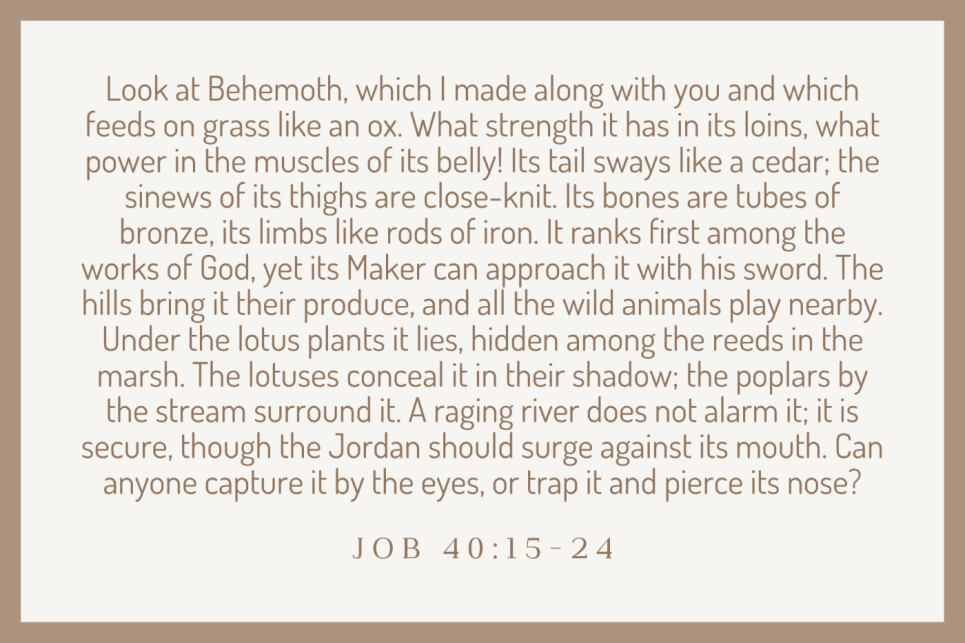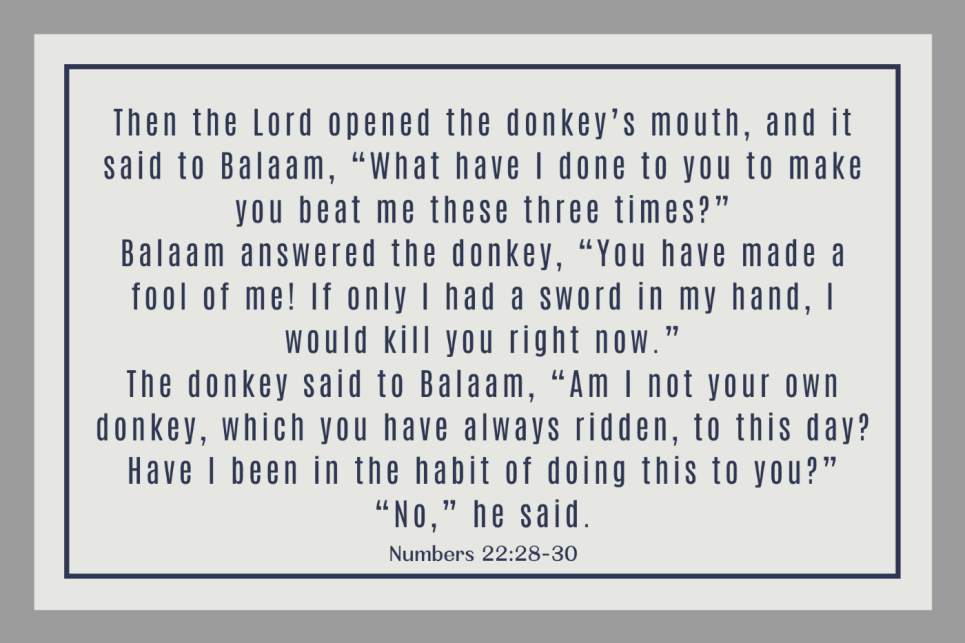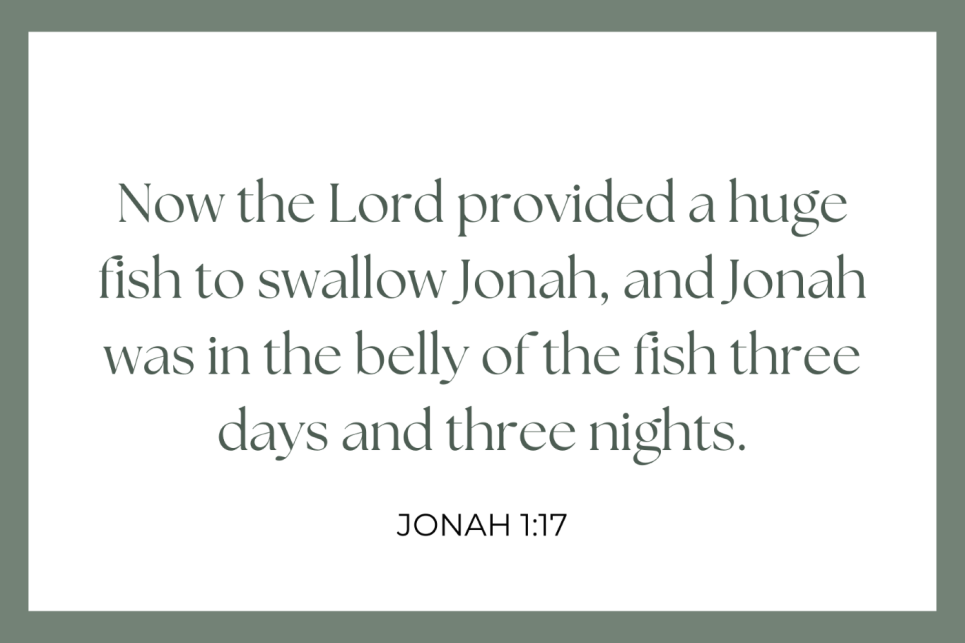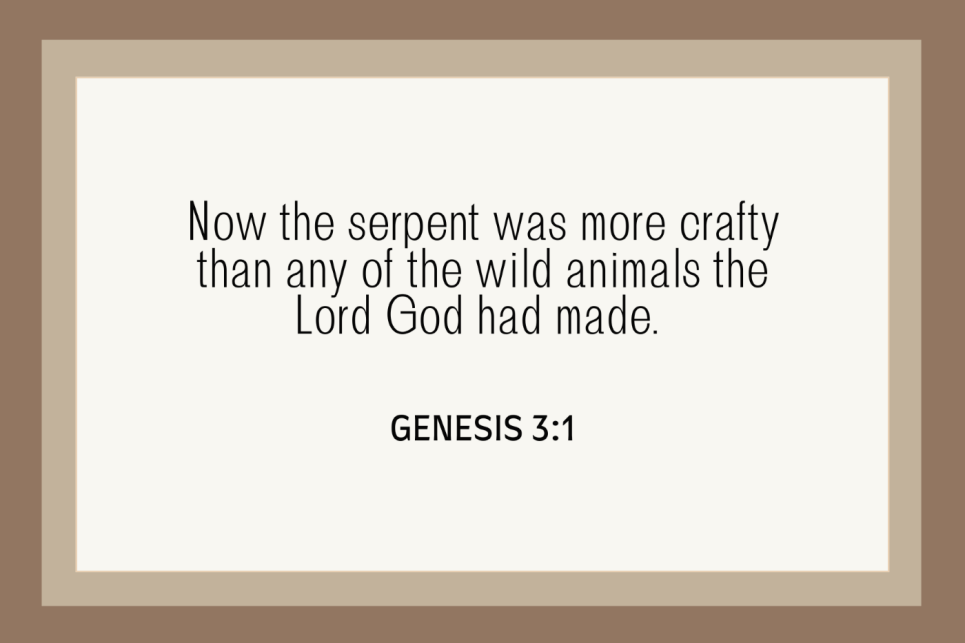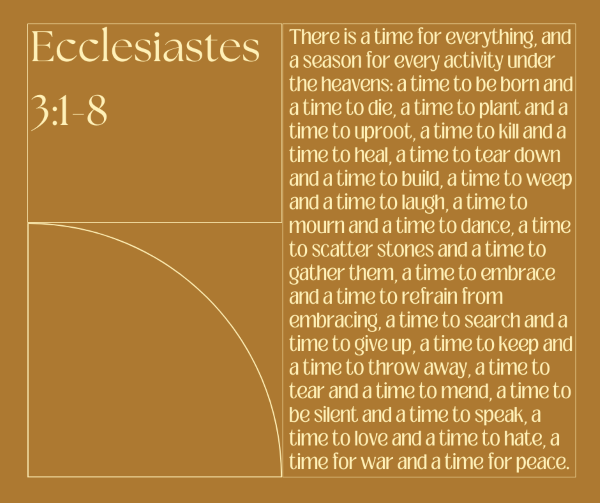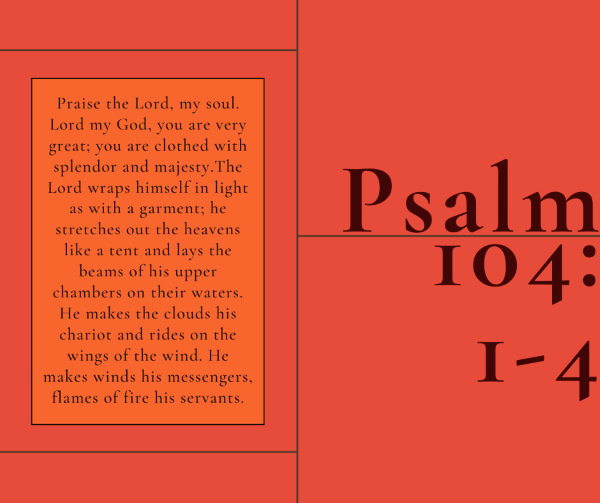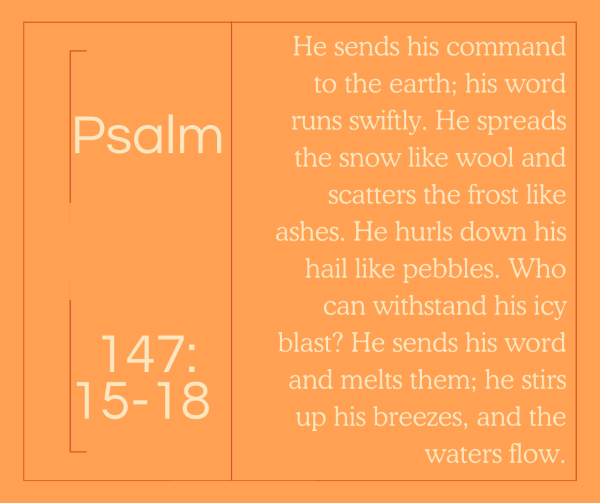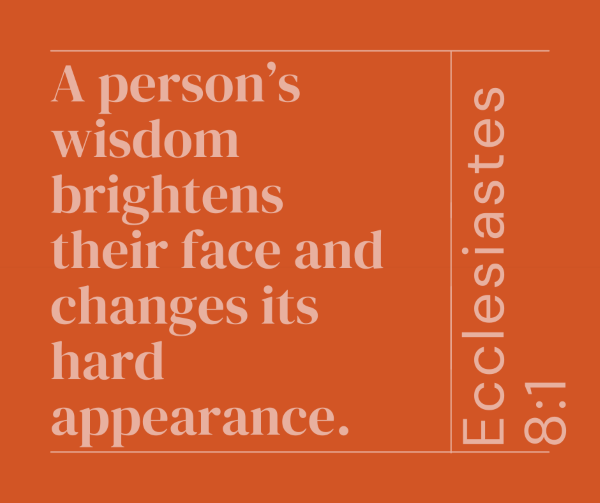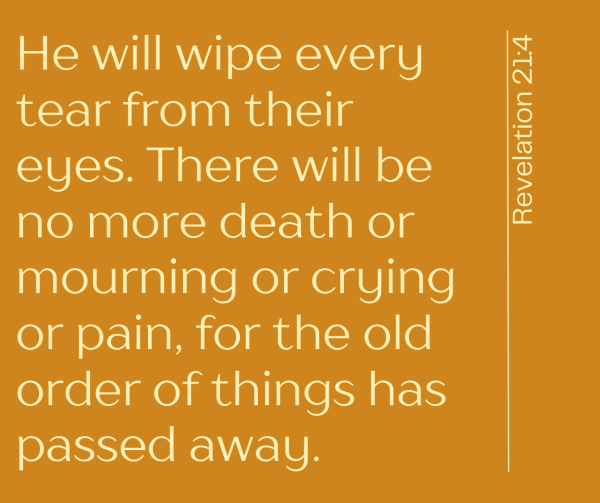Can You Guess Who’s Who?
Welcome to our challenge! We'll test your knowledge and attention to detail with a guessing game we’ve created. Your task is to dive into the fascinating lives of figures from Scripture and uncover their identities through a series of elusive and cryptic clues. Get ready to piece together the mystery and deepen your understanding of these remarkable lives. Let’s begin!

Clue Set 1:
1: My early years were marked by a dual heritage.
2: I could be impatient, which was why I struck a rock twice.
3: My final resting place was concealed and remains unknown.
Clue Set 2:
1: My journey began with familial discord and a special item that contributed to significant changes in my life’s trajectory, involving betrayal and relocation.
2: I was sold for twenty pieces of silver.
3: I stored grain.
Clue Set 3:
1: My name means "rest" or "comfort."
2: I cursed my grandson.
3: I lived through a lengthy period of significant redefinition and reestablishment that was influenced by a change in the conditions and structures of my world.
Clue Set 4:
1: I performed a significant act of healing that involved a ritual and a notable figure from outside the usual religious community.
2: I sought refuge in a brook where I was sustained by an unusual source.
3: I experienced a unique departure from my earthly existence.
Clue Set 5:
1: As a child, I slept near the Ark of the Covenant.
2: God called to me in the night, marking the onset of my prophetic ministry.
3: My early years were marked by a significant vow made by my mother, which involved a lifelong commitment that influenced my role in a sacred institution.
Clue Set 6:
1: I faced a significant challenge involving a law that targeted my religious practices.
2: My contributions included revealing the meaning behind enigmatic symbols and dreams, which were integral to understanding future events and political shifts.
3: I spent a night in a place of extreme peril and miraculous preservation.
Clue Set 7:
1: My life was marked by the promise of numerous descendants, despite initial doubts and long years of waiting for this promise to be fulfilled.
2: My two sons represented different paths and promises.
3: My faith was tested with an unthinkable sacrifice.
Clue Set 8:
1: My first husband and I moved to a foreign land with his family during a famine, where both he and his brother died.
2: My life included a notable interaction that led to a significant change in status and circumstance and influenced the continuity of a particular family line.
3: My story is read during a Jewish festival that celebrates the giving of the Torah.
Clue Set 9:
1: My birth was foretold by an angel who instructed my mother on the specific vows I was to follow.
2: I riddled a riddle that led to a dispute.
3: My most trusted confidant led to my downfall.
Clue Set 10:
1: I established a lasting memorial at a notable crossing point.
2: I led my people to perform a covenant renewal ceremony on two mountains.
3: I was responsible for distributing portions of land among my people.
Clue Set 11:
1: My initial name was synonymous with a positive and agreeable nature, which I eventually renounced in favor of a name embodying my grief and loss.
2: My return home coincided with the beginning of the barley harvest.
3: I was instrumental in a series of events that led to the continuation and restoration of my family's line.
Clue Set 12:
1: I made a pact that my family would be spared during an attack.
2: I tied a scarlet cord in my window.
3: My faith earned me a mention in the book of Hebrews.
Clue Set 13:
1: I left my lucrative job after a two-word invitation.
2: I hosted a great feast for Jesus in my home.
3: My Hebrew name was Levi.
Clue Set 14:
1: I was absent when Jesus first appeared to the disciples post-resurrection.
2: My name is also a common English name that means "twin."
3: I exclaimed, "My Lord and my God!"
Clue Set 15:
1: I am mentioned by name in all four canonical Gospels.
2: My name means "rebellious" or "bitter."
3: I provided monetary needs for Jesus and His disciples.
Clue Set 16:
1: I was a physician by profession.
2: My writings are addressed to a person named Theophilus.
3: My writings include precise details about Roman and Jewish leaders that accurately place my account within the broader historical context of the time.
Clue Set 17:
1: I was accused of blasphemy against Moses and God.
2: A young man named Saul was present at my execution and openly approved of what was happening.
3: I was described as having a face "like the face of an angel" during my trial before the Jewish council, indicating my calm and divine demeanor under pressure.
Clue Set 18:
1: I was educated under a prominent teacher of the Law, Gamaliel, which greatly influenced my knowledge and understanding of Jewish traditions and scripture.
2: I spent three years in Arabia.
3: My path was rerouted by an extraordinary experience that beckoned me toward new opportunities and unfamiliar shores.
Clue Set 19:
1: My story includes the shortest passage in the English version of the Bible.
2: This incident that I am most famous for contributed to the intensifying conflict that surrounded an important individual.
3: My story serves as a prelude to an event that would redefine the boundaries of life and death.
Clue Set 20:
1: I was given a new name that means "rock" in Greek, symbolizing the foundational role I was to play in the church.
2: I had a vision that was interpreted as an instruction to accept Gentiles into the early Christian community.
3: I was the first to speak to the gathered crowd on the day of Pentecost, delivering a sermon that resulted in about 3,000 people being baptized.
Clue Set 21:
1: My name means "pure" or "innocent," which contrasts sharply with my occupation and reputation among my fellow Jews.
2: I resided in a city that Herod the Great had rebuilt and adorned with a palace, making it a significant administrative and economic hub in Judea.
3: My story is recounted in a Gospel where my name and actions serve as a prelude to Jesus' parable of the minas.
Clue Set 22:
1: I was a centurion in the Italian Regiment and stationed in a coastal city known for its mixed Gentile and Jewish population and strategic position in the Roman province of Judea.
2: I am described as a devout and God-fearing man who regularly gave to the poor and prayed to God.
3: I was the first Gentile to be baptized and receive the Holy Spirit in a manner explicitly sanctioned by Peter, which challenged prevailing Jewish customs and set a precedent for future inclusivity in the early church.
Clue Set 23:
1: I am known for my role as a prominent businesswoman and patroness in Philippi.
2: I became the first European convert to Christianity.
3: My home became a meeting place for early Christians.
Clue Set 24:
1: I am from a city in North Africa.
2: The Gospel of Mark mentions my two sons by name.
3: I was drawn from the outskirts to partake in a momentous act; providing relief to someone en route to their final mortal destination.
Clue Set 25:
1: My name means "God is gracious."
2: My story highlights the serious repercussions of dishonesty and hypocrisy within the growing Christian community.
3: I fell dead at the feet of a prominent person.
Clue Set 26:
1: My father was Greek and my mother was Jewish.
2: A close friend of mine sometimes referred to me as his "true son in the faith.”
3: I received guidance that emphasized moral conduct and behavior.
Clue Set 27:
1: An apostle's long sermon put me to sleep.
2: While sleeping, I had an accident that caused my death, but I was revived.
3: My name means "fortunate,” which seems to be accurate to this specific incident.
Clue Set 28:
1: I was a very old widow.
2: I spent much of my time worshiping God in a special place.
3: I recognized a child for who they really were.
Clue Set 29:
1: My wife and I had the same profession as an important apostle.
2: My wife and I make a great team when it comes to teaching.
3: I contributed to the establishment and strengthening of congregations.
Clue Set 30:
1: I was one of seven.
2: My legacy includes the baptism of a specific eunuch.
3: The Spirit of the Lord miraculously delivered me to my next destination.
Answers

Congratulations on making it through! By now, you’ve likely stretched your knowledge, but we hope this undertaking has deepened your appreciation and understanding of these pivotal figures and their stories. Whether you guessed them all or found yourself stumped by a few, the experience reveals the richness of faith, perseverance, and God’s purpose throughout the Bible. We urge you to keep exploring, studying, and uncovering the layers of wisdom and inspiration within the sacred text. Thank you for joining us in this exploration. Until next time, may your curiosity and faith continue to grow.
-Torrance Church of Christ


